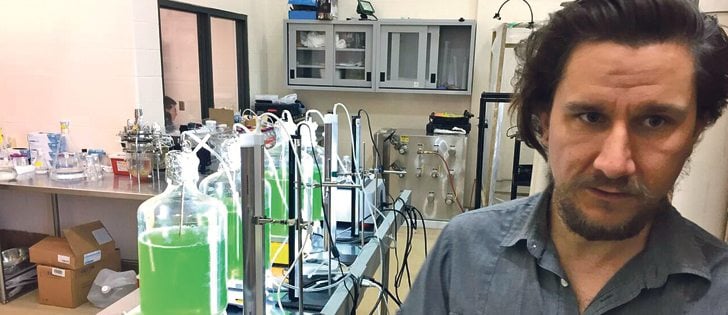We all know that pork prices pick up in the spring as soon as the yanks find it warm enough to waddle outside and fire up their barbeques, right?
There’s a two-part answer to that question: 1) No we don’t know that, because it probably isn’t true and therefore can’t be “known;” 2) Yes, we all know that myth and believe it to be true.
According to Steve Meyer, an economist who writes the Chicago Mercantile Exchange’s Daily Livestock Report, and to whom I spoke yesterday, the belief that barbeque season causes an annual rally in meat prices is widespread. I’ve had that notion rattling around in my head along with lots of other incorrect information, myths and false memories, like the time I won Best Actor Oscar for playing Captain Willard in Apocalypse Now. (In fact that was Martin Sheen, and he didn’t win the award.) And everyone else apparently has the same idea. Meyer was presented with the BBQ myth yesterday, at Manitoba Pork Council’s annual meeting, as a fact that would cause an inevitable rally, don’t you think Mr. Meyer?
Read Also

Farmer ownership cannot be seen as a guarantee for success
It’s a powerful movement when people band together to form co-ops and credit unions, but member ownership is no guarantee of success.
Well, yes there will likely be a rally, come early May, Meyer said. But it won’t be because of all that propane being burned under sizzling pork chops, ribs, sausages, etc. It’ll come because U.S. pig production slumps every single year as the outside temperatures rise. Every year, Meyer said, about 27 percent of the U.S. market hog herd is slaughtered in the fourth quarter, and every year only about 21 or 22 percent of the herd is killed in each of the second and third quarters of the year. So smaller supplies of market hogs in spring and summer are most likely what produces higher prices in those quarters, and the surge that occurs in the fourth quarter, when it cools down and hogs begin gaining fast again, is what causes the annual price slump.
Forget about the BBQ factor: it probably just isn’t there. It’s this seasonal supply boost that’s really making the market move. “In all our efforts to reduce seasonality of supply, we haven’t had much success,” he said. While the price for specific cuts of pork, like ribs, and lips and a__holes (for weiners) do increase due to extra BBQing, that’s not the important factor for the rest of the carcass he said.
Our minds are often cluttered with market myths, and this is a good example of one. Everyone wants to believe that BBQ season means higher prices – because of all the BBQing. The more prosaic answer to why prices are higher in spring and summer – fewer market hogs – isn’t as fun to believe, demands a bit more thinking and understanding, and doesn’t occur in our own backyards, where the next six months will see clouds of BBQ smoke.















